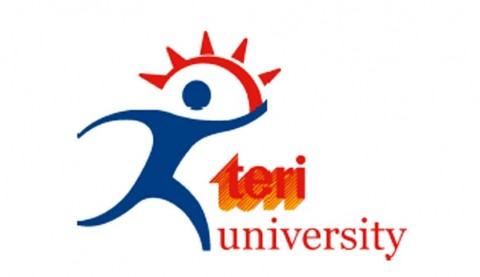Purpose
The project encapsulates the journey India has undertaken in the urban water and sanitation sector.
Activities
A series of stakeholders’ consultation workshops were held at regional and national levels as part of the study, with participation from diverse groups of stakeholders including policymakers at the national, state, and city levels, donor organizations, academia, and sector experts including water and sanitation professionals. These workshops provided primary data from the northern, north-eastern, eastern, southern and western regions of the country. Primary data were also collected from the following cities: Agra, Delhi, Karnal, and Ludhiana (northern region), Gangtok (north-eastern), Visakhapatnam, Mysuru and Tiruchirappalli (southern), Pune, Surat, Bhopal and Indore (western).
The report is divided into three broad sections, namely polices (Chapters 2,3), progress (Chapters 4-7), and possible solutions (Chapters 8-11).
The State of Urban Water and Sanitation in is a three-year (2014-2017) collaborative program was funded by the USAID and undertaken by TERI University.
Countries of activity
Location of main activity
Objectives
The rapid increase in urbanization in India is expected to continue in the decades ahead, pushing urban
population from 31% at present to 50% in 2030. This raises concerns over the development of infrastructure
services for water supply and sanitation to serve the urban centres. India has been in the limelight for poor sanitation for several years and often mentioned as the country with the largest share of people defecating in the open.
The five cleanest cities of 2017 have demonstrated the success of the integrated approach to addressing local issues in translating the political commitment at the national level into action at the local level. The factors shared
by these five cities include:
1 Strong political will
2 Effective planning and enforcement
3 Involvement of key stakeholders
4 Inclusive solutions to address the needs of a heterogeneous population
5 Planning for financial sustainability of sanitation infrastructure
6 Healthy competition and measurement of success.
Filter tags
Cities East Asia & Pacific Multi-lateral and International Monetary Fund Operation, maintenance and sustainable services Specific to one or several countries United States government University, education or research institution Urban (entire city)
Attached files
Links

Uploaded by:
SuSanA Admin (susanaadmin)















